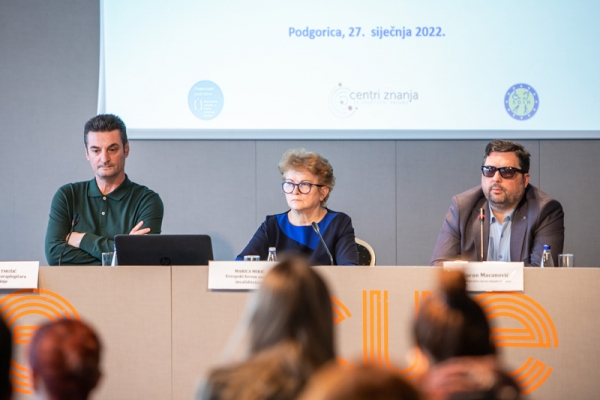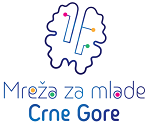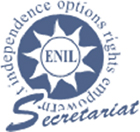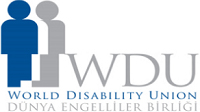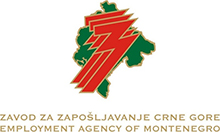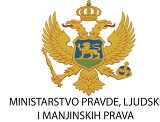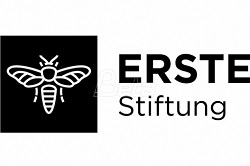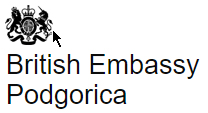The representativeness of organizations of persons with disabilities must be harmonized with the UN Convention on the Rights of PWD
Podgorica, PR press service – The representativeness of organizations of persons with disabilities (DPOs) must be regulated and harmonized with the United Nations Convention on the Rights of PWDs, in order for the state‛s obligation to define relations in an equal and balanced manner and guarantee equal representation of all types of disabilities.
This was announced at the panel Defining representative organization of persons with disabilities, which was organized within the Forum on the rights of PWDs organized by the Association of Youth with Disabilities of Montenegro (AYDM).
The President of the Association of Paraplegics of Cetinje Dejan Tmušić said that through careful analysis in previous years, they came to worrying data which shows a large disparity between certain organizations that represent a certain type of disability compared to other organizations.
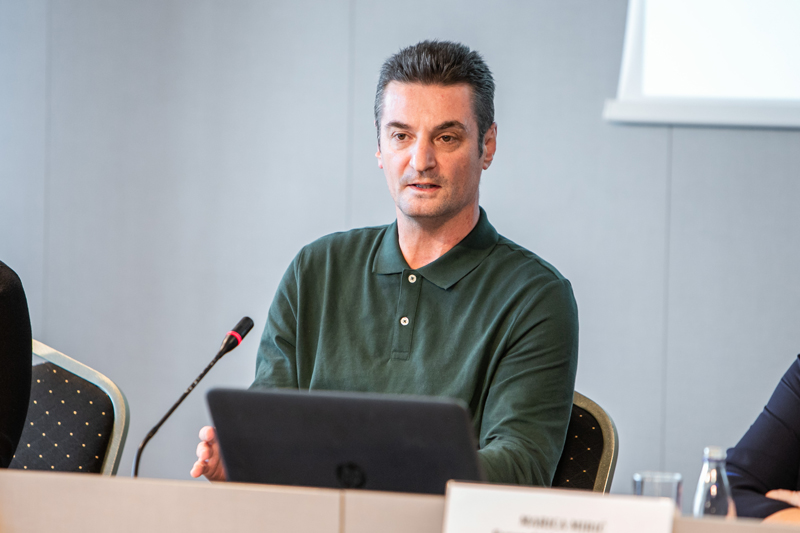
According to Tmušić, a big problem is organizations that do not prioritize the protection of the rights of persons with disabilities in their Statute, and their membership is not made up of PWDs.
„All of this renders the proclaimed principles and norms from the UN Convention on the Rights of Persons with Disabilities meaningless,“ noted Tmušić.
He pointed out that the solution to the issue of representativeness of persons with disabilities (PWDs) and regulation of the state’s relationship with PWD is the necessity of adopting the act, which, as he recalled, was initiated by the Executive Director of the Union of the Blind of Montenegro Goran Macanović.
Tmušić said that by legalizing this area, the state would define relations in an equal and even manner and guarantee equal representation of all types of disabilities.
„Also, it would be necessary by law to regulate the establishment of the Council for the Support of PWDs, whose goal would be to implement the UN Convention in all areas of life,“ concluded Tmušić.
Marica Mirić, a Member of the Board of the European Disability Forum (EDF), speaking about the situation in the region, said that the purpose of everything is that PWDs can make their own decisions and accept responsibility for them.
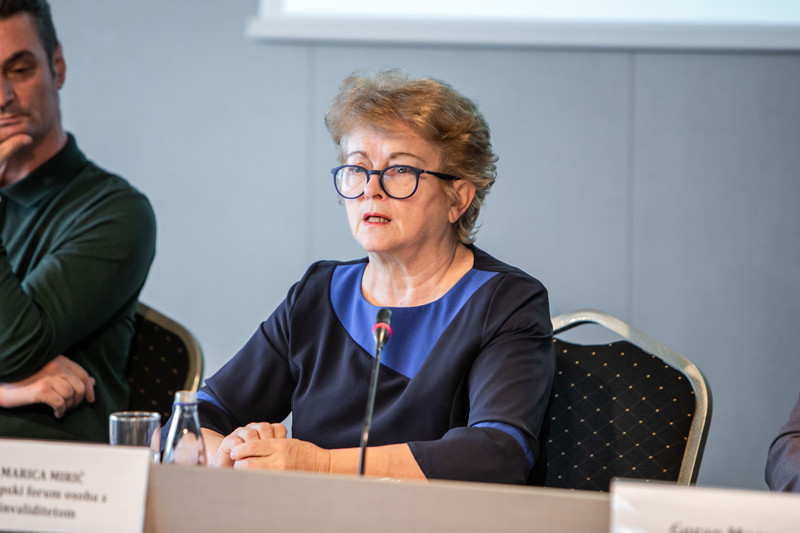
„They can and must decide for themselves who they will live with, how they will go to school and where, where they will work…“, stated Mirić.
She says that there should be a representative body in Montenegro that will represent PWDs and fight for their rights, but that when it is formed, it should be carefully considered what it will be and who will be in it.
„In Croatia, we have a Commission for PWDs in which half of the members are from the NGO sector, but its role is not that significant and visible,“ said Mirić.
According to her, what would be equally positive is that in the parliament in the position of PWDs they have their own representative, i.e. MP.
„What we have succeeded in Croatia is to remove some restrictions, for example if a PWD gets a disability payment, it is reduced or lost as he or she works. “You are punishing them for the costs imposed on them by society that did not provide them with the basic conditions for their functioning,“ Mirić pointed out.
She says that they should be partners with the state, because only then will PWD organizations be representative.
The Executive Director of the Union of the Blind of Montenegro Goran Macanović said that the representativeness of PWD organizations is not only important because of funding.
He recalled the formation of the Council for PWD Care and the fact that among the supported candidates was a person who does not publicly declare himself as PWD.
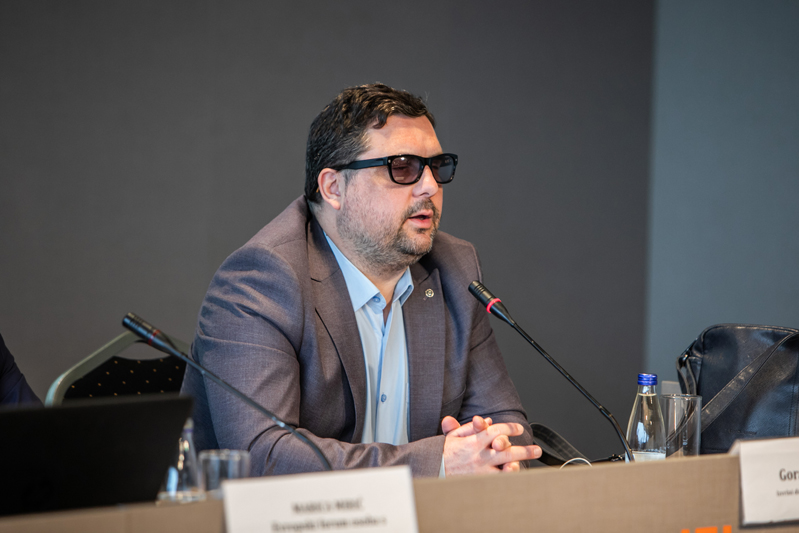
„That same person was supposed to represent and articulate the demands and interests of PWDs in that Council. It is ironic that the Director of AYDM did not join the Council, because, as she was informed at the time, she did not have enough support from other NGOs,“ said Macanović.
He says that it is very important to make a clear definition of which organizations are PWDs and which are organizations of parents of children with disabilities, and which organizations are other civil society organizations.
„The financial system and environment in our society forces many of us to „swim and manage alone“. In our case, sometimes we have good communication with a particular minister or some representative in the executive power, in order to secure some financial resources in order to „survive the year“, said Macanović.
During the discussion, the participants pointed out the importance of the principle of representativeness, which is very little discussed, as well as the lack of a Council on the Rights of Persons with Disabilities.
Executive Director of AYDM Marina Vujačić reminded that the two previous Governments, despite some preparatory activities, did not establish the Council.
„I wouldn’t even want to talk about the 43rd Government, which is in a technical mandate.” I would not like to talk about some other obligations that were missed, taking into account that 2023 has already started“, said Vujačić and added that there was no Public Call for the preparation of the Second and Third periodic Reports for representatives of NGOs as members of the Working Group, nor there is information about which state institution will coordinate this process.
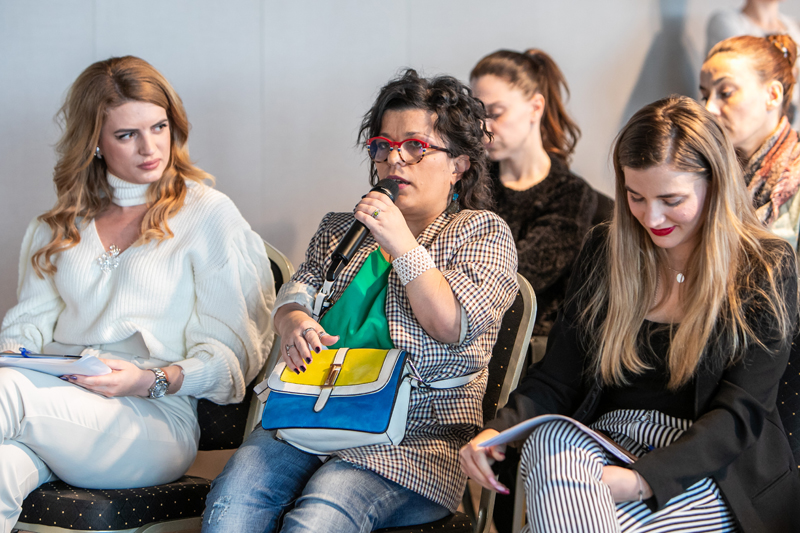
The participants, among other things, say that PWDs should represent themselves and that the state should consult with them and make that process as broad as possible.
„Also, umbrella organizations are important because they have a strong legitimacy and their voice is much stronger than the voice of a local organization or an individual union,“ they agree.
The Forum is organized as part of the Program of CSOs in Montenegro – from basic services to policy formulation – M’BASE, which is implemented by the Center for Civic Education (CGO) in partnership with the German Friedrich Ebert Foundation (FES), the NGO Center for the Protection and Study of Birds of Montenegro (CZIP) and the NGO Politikon Network. The project is financed by the European Union and co-financed by the Ministry of Public Administration of Montenegro.



More news
- THE AYDM CONDUCTED A RESEARCH ON THE ASSESSMENT OF COMPETENCIES AND EXISTING KNOWLEDGE OF PERSONS WITH PHYSICAL DISABILITIES IN THE FIELD OF DIGITAL MARKETING IN MONTENEGRO
- Portal Disability info i aktuelnosti
- AYDM ARE IMPLEMENTATING THE PROJECT DIGITAL MARKETING CAPACITY BUILDING - EMPOWERING PERSONS WITH PHYSICAL DISABILITIES FOR REMOTE WORK
- European Day on Independent Living marked in Montenegro: Right on Independent Living as Right to Freedom and Choice
- IN THIS ELECTION PROCESS, THE CONDITIONS FOR PEOPLE WITH DISABILITIES ARE NOT ADEQUATE TO THE CORRESPONDING EXTENT











